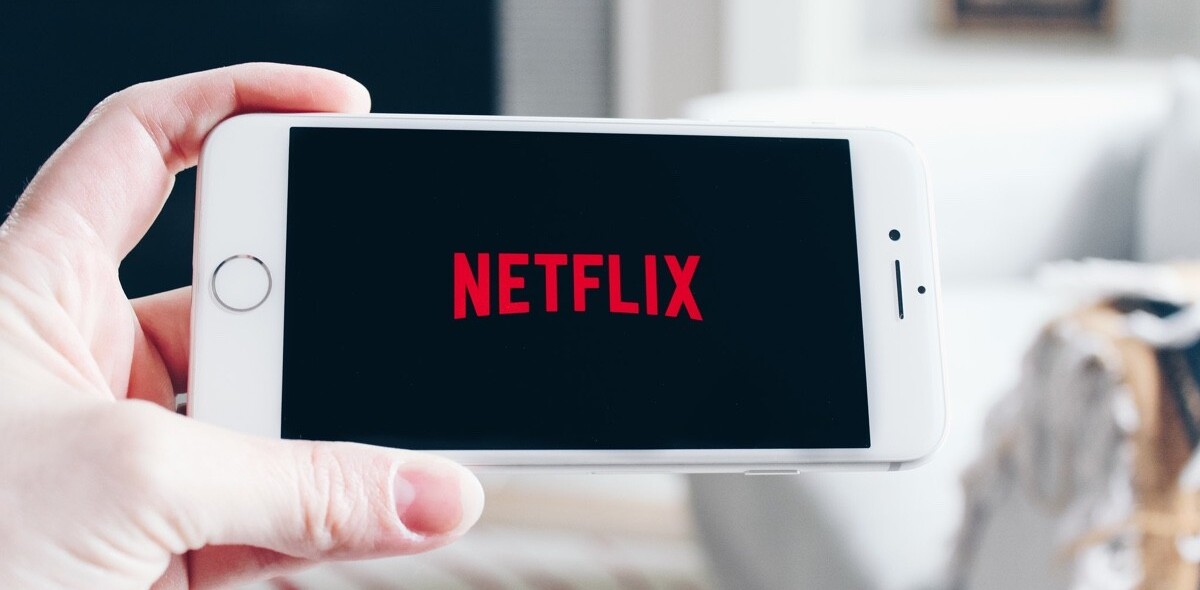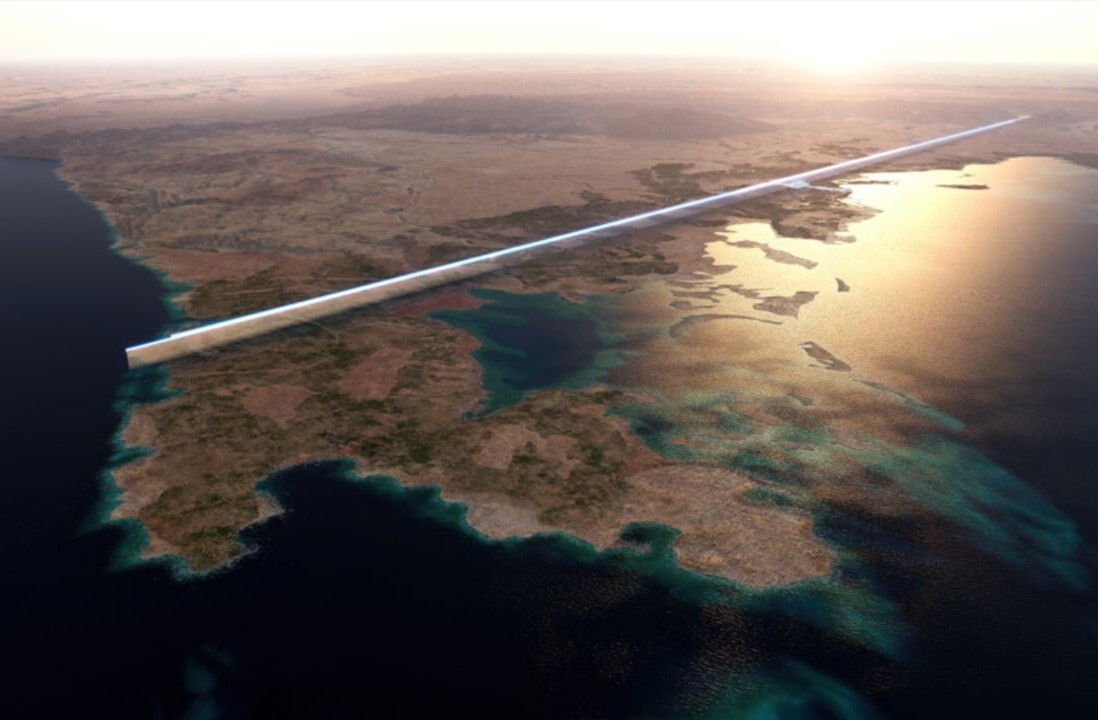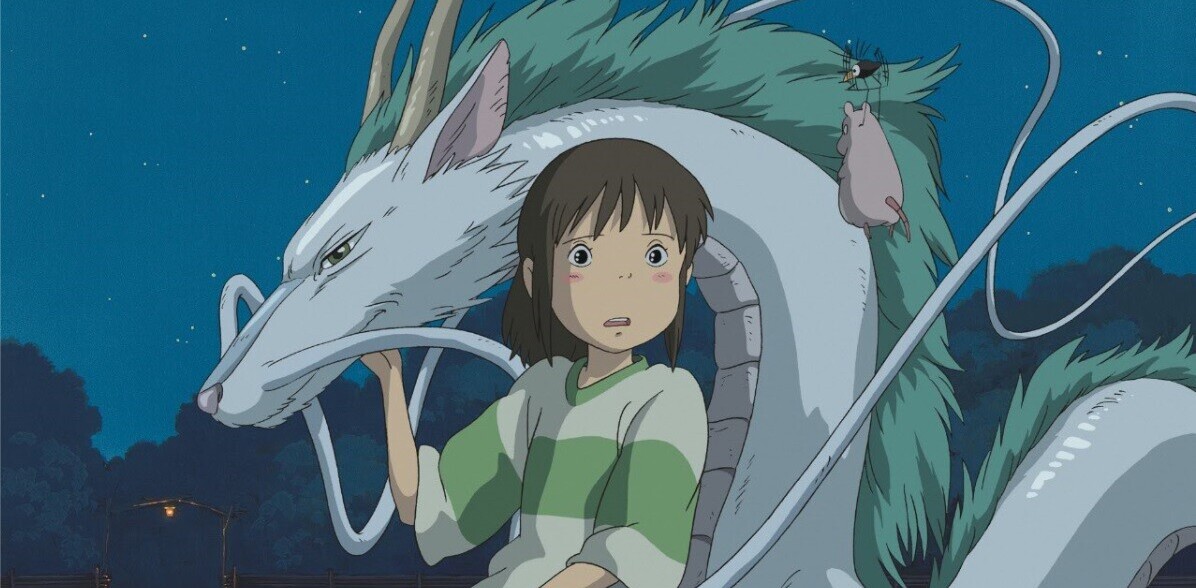
 TED started in 1984 to bring together people from three worlds: technology, entertainment and design when founder Richard Saul Wurman noticed a convergence between the two industries. It started organically and grew into the global, inspirational brand it is today with some of the world’s most influential leaders gracing the TED stage.
TED started in 1984 to bring together people from three worlds: technology, entertainment and design when founder Richard Saul Wurman noticed a convergence between the two industries. It started organically and grew into the global, inspirational brand it is today with some of the world’s most influential leaders gracing the TED stage.
Now there’s convergence between two more industries; technology and kiteboarding and there’s a movement emerging that is connecting the two worlds. ‘Maitai’ is a kiteboarding camp in Hawaii connecting mostly Silicon Valley based entrepreneurs with professional kite boarders. The event has been running annually for five years on the Hawaiian island of Maui.
Founded by Venture Capitalist Bill Tai from Charles River Ventures and Susi Mai,a professional kiteboarder based in Dominican Republic the event brings together approximately one hundred people to kiteboard in the day and network in a relaxed setting by night.

Legitimate Business Expense?
The technology side of the group attracts an eclectic mix of people ranging from venture capitalists to startup entrepreneurs; Silicon Valley based entrepreneurs and investors include Constantin Bisanz who exited his last company Brands4Friends to eBay for $200million, CFO of Fortinet Ken Goldman, Aaron Gershenberg of Silicon Valley Bank Capital and engineer Andy Belk of Apple, Daniel Graf of Google, Katie Zacarian of Facebook, Michael Copeland of Wired and Susan Coelius Keplinger of Triggit.
Ex army special forces and now entrepreneur Tom Katis launched mobile walkie-talkie app Voxer at last year’s MaiTai and came back this year to talk about how he manages kiteboarding around the world whilst running a technology startup; he justifies it as a legitimate business expense by saying kiting is his way of keeping healthy and when healthy, is more productive. Katis built a security company that he bootstrapped into an international business with over 7,000 employee before Voxer, ‘I’ve been at the place where you work yourself into the ground to grow a startup and I’m at the point now where I make sure I have a strong team in place to deal with running the company when I’m absent.’
The estimated net worth of individuals of the beach at MaiTai this year was approximately $2 billion; there were two Facebook engineers on the trip and it was held the same week Facebook went public with it’s IPO. This gave the startups an audience well worth pitching to including Founders Fund’s Kenny Howery, and Sony’s Chief Transformation Officer Geeorge Baily. The startups that pitched this year at MaiTai included people search engine Ark.com bringing up Google + -like social search results for the rest of the social networks; the site aggregates data from your Facebook, LinkedIn and Twitter allowing people based search results.
The company recently turned down an acquisition offer from Facebook and co-founder Patrick Riley tells me their experience on Y Combinator helped open doors to Silicon Valley funding, recently closing an impressive $4.2 million seed round. She-Rae Chen launched photo-sharing app Afolio whilst Ronald Mannak / Colin Karpfinger launched Yobble, the umbrella company that built Air Guitar Move – a guitar pick that plugs into the mini-jack of your iPhone enabling you to play air guitar on your iPhone. The company took no venture funding raising a whopping $33,000 on Kickstarter and are annoucing their distribution in one of the US’s biggest retailers in stores all over the USA this week.

Why entrepreneurs like kiting?
Kiting takes extreme focus, when you are learning you cannot think about that pitch deck you need to get investor ready or that engineer you have to email, kiting forces you to live in the present moment because, as we found out, kiting it is dangerous when you’re first learning and taking your eye or mind off the kite could end you up in a gust of wind that sweeps you up and drops you down hard. But Tai thinks it’s more about the aspect of failure, not just about being a technologist. “There are similarities in the personality of someone that starts a company and someone that kiteboards- they’re both a constant state of failure and you fail many times just to have the moment when it all comes together and you land on the board the right way,” added Tai.
There are connections running deep between entrepreneurship and kiting, even before MaiTai, Virgin founder Sir Richard Branson is a big enthusiast of the sport and MaiTai co-founder Susi Mai organizes an annual kiteboarding camp (BVI Kite Jam) taking kiters to Branson’s Necker Island every year. The sport has also jut received Olympic status and will be going to Brazil in 2016, Bill Tai is also an Olympic Ambassador for the sport.
Maui wants to be Silicon Valley’s satellite
Maui makes a good satellite for Silicon Valley not only because you’re on American soil and no language or currency change and data roaming fees needed, but also because there is a large tech hub on the island already; Entrepreneur Keith Powers has been encouraging entrepreneurs to set up office in Maui for years and the mayor of Maui, Alan M Arakawa is in talks about setting up a tech accelerator on the island. A business park is currently in construction near the airport and exclusive resort Lumeria Maui wants to become the destination site for Silicon Valley recruitment test and training drives.
The future of conferences
Networking has become contrived where a drink and endless business cards are forced exchanged at endless events, MaiTai is about learning a new skill-set together; conversation is not immediately about how many users you’ve got or who your investors are, it’s about how you failed on the water or a new trick you learnt with the kite. The bonds forged between people on MaiTai are the strongest I’ve experienced at any networking event or technology conference because people are authentic in learning a new skill together. With kiteboarding you have to be in it for the long term gain and no matter how good you get there’s always another level to reach.
MaiTai is now expanding into Australia and Brazil, teaming up with Silicon Valley Bank and helping launch pitching competitions for entrepreneurs. This year MaiTai had over 1000 people ask to be a part of the event, but Tai assures me it’s quality over quantity, ‘Silicon Valley is about getting feedback from people who are smart, experienced and understand the market, this event has dozens of startup founders who have succeeded in the things that they have done; the community around kiting allows us to be at the same level from peers not only in kiting but also in business so people come not just to learn to kite but to learn business.”
See our video interview with MaiTai co-founder Bill Tai below:
Get the TNW newsletter
Get the most important tech news in your inbox each week.




